Lanzarote, a jewel in the Canary Islands’ crown, offers a unique blend of natural beauty, vibrant culture, and underwater marvels, making it an exceptional destination for travellers seeking relaxation and adventure. Known for its striking volcanic landscapes, crystal-clear waters, and exquisite seafood, Lanzarote is where nature and culture intertwine in fascinating ways. Here’s a summary, some travel tips for your blog, and a comparison with other Canary Islands to guide future travellers.
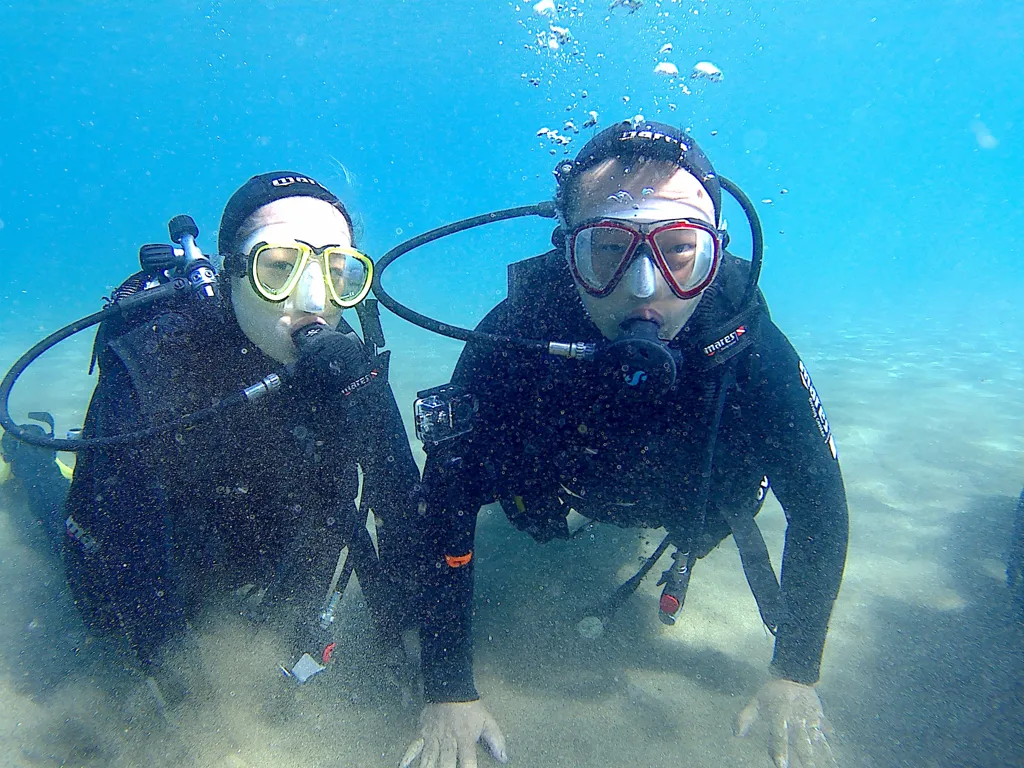
Lanzarote Travel Summary:
Diving and Beaches: Lanzarote is a diver’s paradise, boasting an underwater world as captivating as its terrestrial landscapes. With sites suitable for all levels, from beginners to advanced divers, the island’s clear waters reveal a biodiversity rich in colourful marine life, shipwrecks, and unique volcanic rock formations. The beaches are equally diverse, ranging from the golden sands of Playa Blanca to the black volcanic shores of Playa Quemada, offering something for every beach lover.
Scenic Volcanic Views: The Timanfaya National Park is a must-visit, where the Montañas del Fuego (Fire Mountains) provide a mesmerizing display of the island’s volcanic origins. The unique “Martian” landscapes here are a testament to nature’s power and beauty, offering spectacular views and photo opportunities.
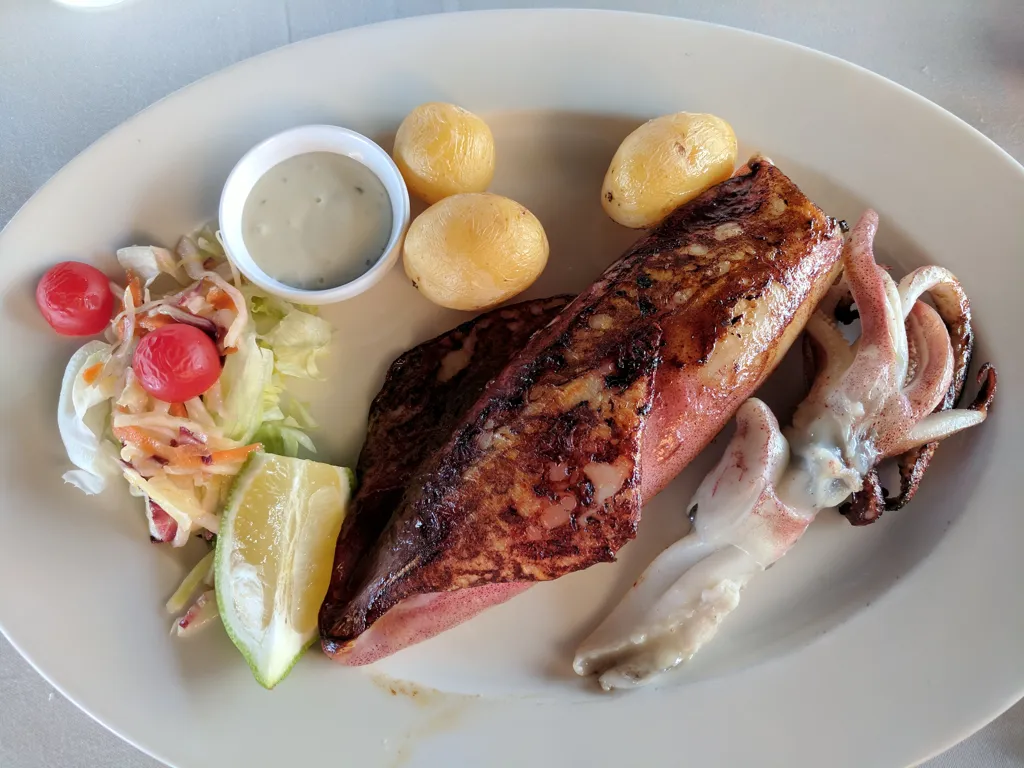
Seafood and Cuisine: Lanzarote’s culinary scene is a delight, especially for seafood lovers. Fresh catches are served daily at local restaurants, ranging from traditional Canarian dishes like “papas arrugadas” (wrinkly potatoes) with “mojo” sauce to international cuisine. The island’s volcanic soil produces exceptional wines, particularly the Malvasia variety, a must-try.
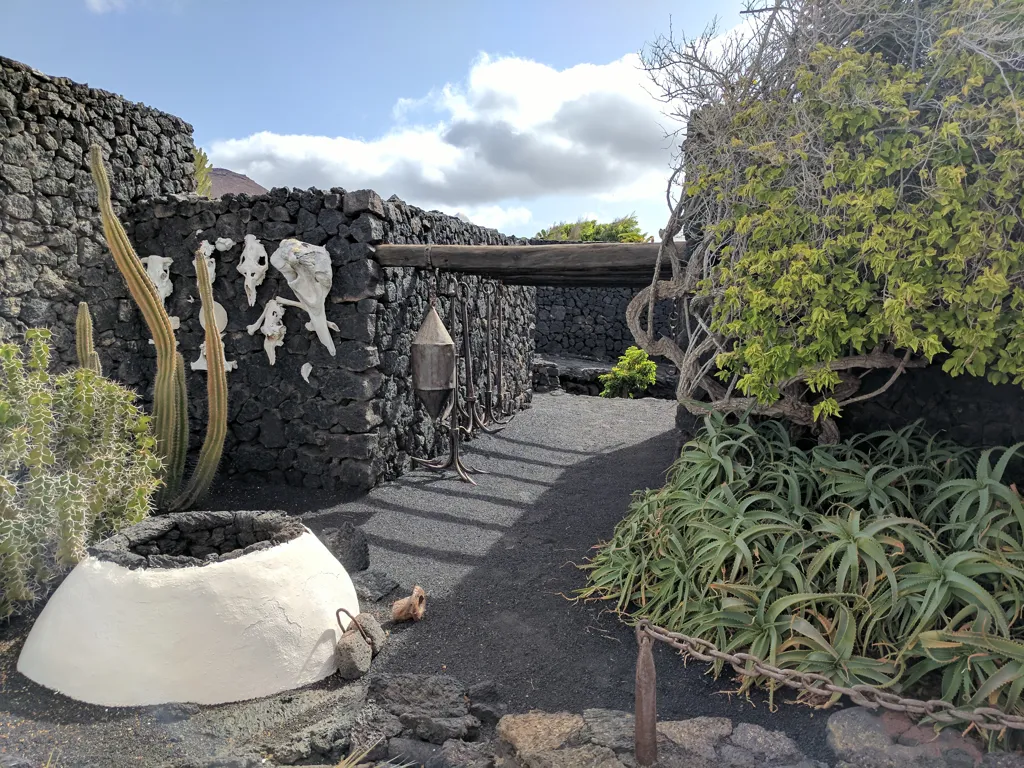 | 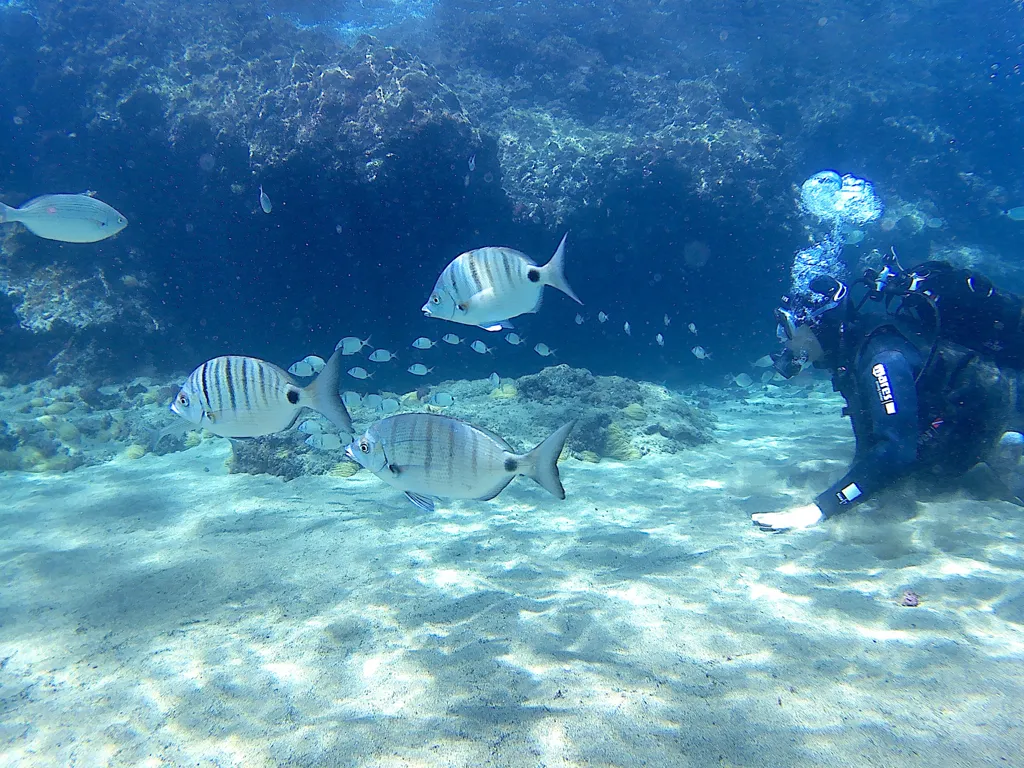 | 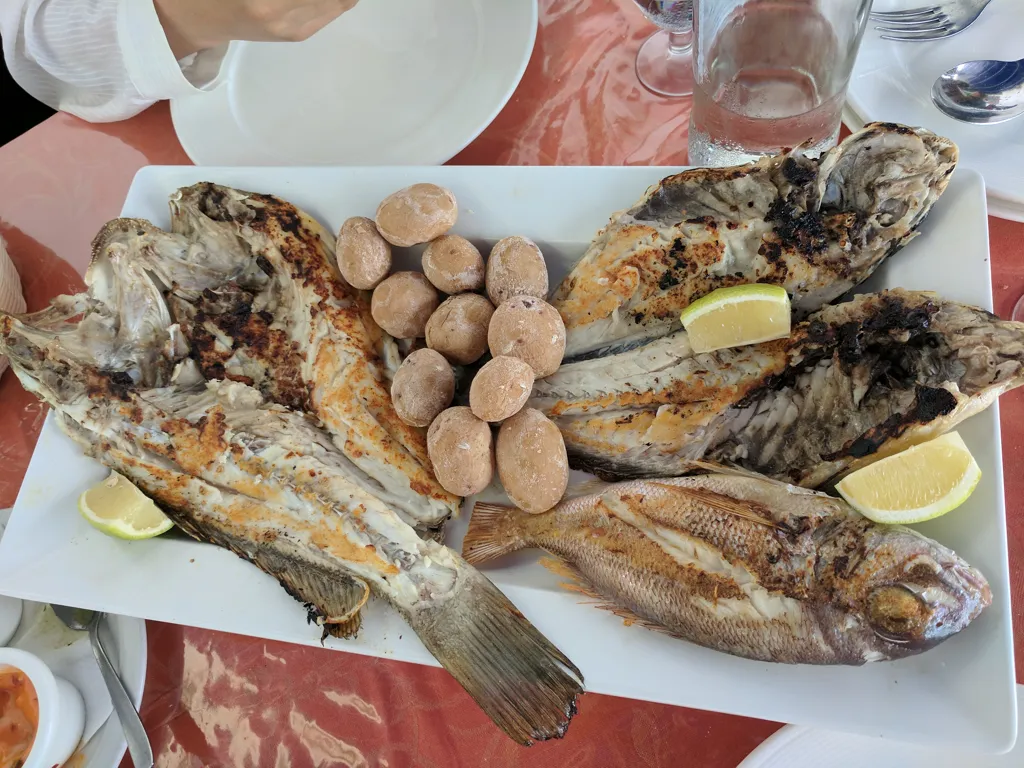 |
Travel Tips:
- Best Time to Visit: The climate is mild year-round, but the best weather is from May to October. Avoid the peak summer months if you prefer fewer crowds.
- Getting Around: Renting a car is the most convenient way to explore the island’s diverse landscapes and hidden gems.
- Stay Hydrated: The volcanic terrain and sun can be dehydrating, especially during hikes or beach days. Always carry water.
- Respect Nature: The unique ecosystems are delicate. Stick to marked paths and support eco-friendly businesses.
- Local Experiences: Engage with the culture by attending local festivals, trying a diving course, or visiting a vineyard.
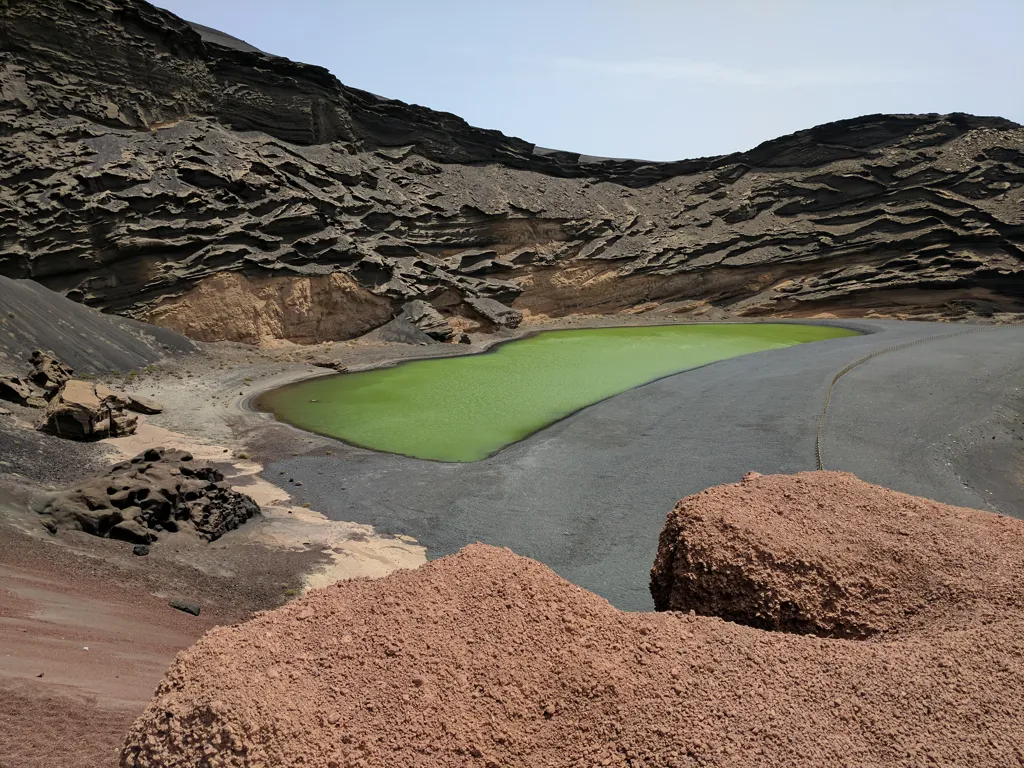 |  |
Comparison with Other Canary Islands:
- Tenerife: The largest island, known for its vibrant nightlife, diverse landscapes, and the stunning Teide National Park. It’s more touristy compared to Lanzarote’s laid-back charm.
- Gran Canaria: Offers a mix of beaches, lush forests, and desert landscapes. It’s famous for its cultural festivals and cosmopolitan capital, Las Palmas.
- Fuerteventura: Famous for its expansive white sand beaches and excellent windsurfing conditions. It’s less volcanic, focusing more on beach activities.
- La Palma, La Gomera, and El Hierro: These smaller islands are less visited, offering rugged landscapes, pristine forests, and a more tranquil experience.

Each Canary Island has its unique allure, but Lanzarote stands out for its distinctive volcanic beauty, rich marine life, and cultural depth. It’s a destination that combines adventure with tranquillity, making it perfect for families, couples, and solo travellers alike. Whether diving into the azure waters, exploring lunar-like terrains, or indulging in local cuisines, Lanzarote promises an unforgettable journey into the heart of the Canaries.

